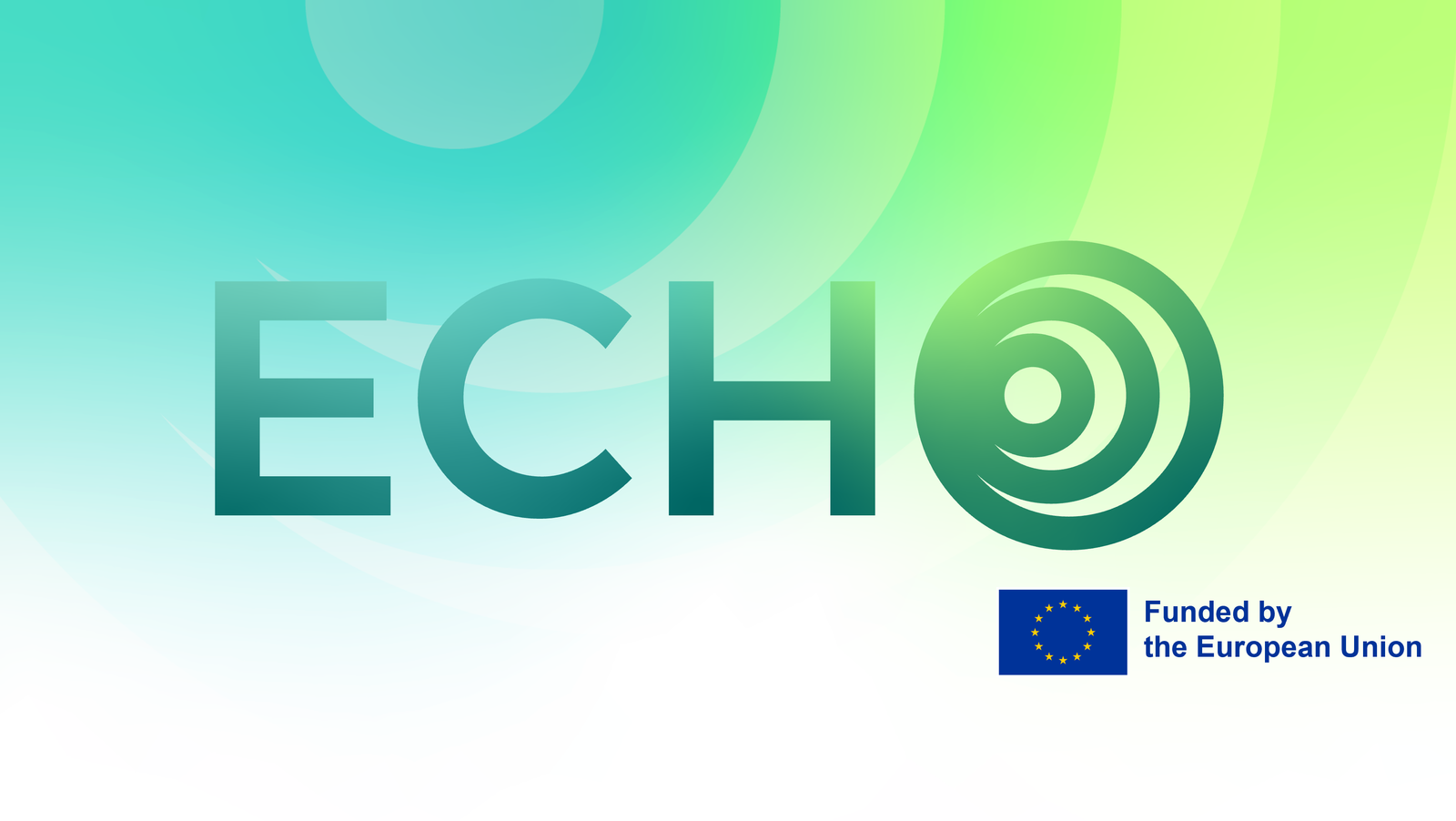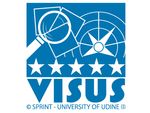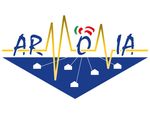SPRINT-Lab at the Forefront of European Resilience with Project ECHO
The SPRINT-Lab of the University of Udine, which hosts the UNESCO Chair on Intersectoral Safety for Disaster Risk Reduction and Resilience, is proud to announce its participation as a partner in the Horizon Europe project ECHO (Empowering and Connecting Diverse Communities for Multi-Hazard Resilience with Open Data, Open Models, and Open-Source Software), which commenced on October 1, 2025.
About Project ECHO
Project ECHO is an ambitious pan-European initiative designed to transform how we manage the resilience of our infrastructures and essential services. Faced with a complex landscape of increasing threats—from climate change and the impacts of natural hazards to cyber-attacks and geopolitical conflicts—ECHO aims to shift the paradigm from traditional, reactive crisis management to an integrated, collaborative, and long-term approach.
The project's mission is to develop and nurture a multi-level Resilience Ecosystem. This ecosystem will unite critical infrastructure operators, essential service providers, emergency services, and local and regional authorities. By fostering deep collaboration, ECHO will enhance the robustness of infrastructures and ensure the continuity of services for communities across Europe. The project moves beyond a narrow focus on national critical infrastructures to include smaller, local providers of essential services, recognizing their vital role in community well-being.
ECHO will deliver a Collaborative Resilience Management Platform and a suite of innovative tools and services to support stakeholders in this mission. These solutions will focus on:
- Threat monitoring, modeling, and forecasting.
- Multi-hazard risk assessment and situational awareness.
- Evaluation and improvement of resilience plans.
- Advanced training and simulation exercises.
The Role and Main Goals of the SPRINT-Lab
As Partner in the ECHO consortium, the University of Udine, through its SPRINT-Lab and the expertise of the UNESCO Chair, plays a crucial role in shaping the strategic and practical foundations of the project.
UNIUD's primary goals are:
- To Contribute Providing Global Good Practices and Expertise: UNIUD is tasked with coordinating the activities for identifying and integrating global good practices in disaster risk reduction (DRR) and resilience management. Drawing from its extensive knowledge networks, including the UN Office for Disaster Risk Reduction (UNDRR), UNIUD will establish the conceptual framework for evaluating and creating effective, future-proof resilience plans.
- To Lead the Development of the Resilience Plan Evaluation Service: A core contribution of UNIUD is to spearhead the development of the Resilience Plan Evaluation Service in collaboration with CERTH partner. This innovative, AI-driven tool will analyze resilience, recovery, and emergency response plans. It will help organizations identify inconsistencies, gaps, and areas for improvement, ensuring their strategies are aligned, up-to-date, and contextually relevant. UNIUD’s expertise will provide the foundational knowledge and assessment criteria for this service.
- To Strengthen the Link with International Resilience Efforts: Leveraging its status as a UNESCO Chair, UNIUD will ensure that the ECHO project is strongly connected with international efforts and standards in disaster risk reduction. This involves liaising with the Disaster Risk Reduction Unit of the Natural Sciences Sector of UNESCO and other global bodies to align the project's outputs with established international frameworks.
Through these contributions, the University of Udine will be instrumental in ensuring that Project ECHO not only develops cutting-edge technological solutions but also grounds them in proven, globally recognized methodologies for building truly resilient societies.







